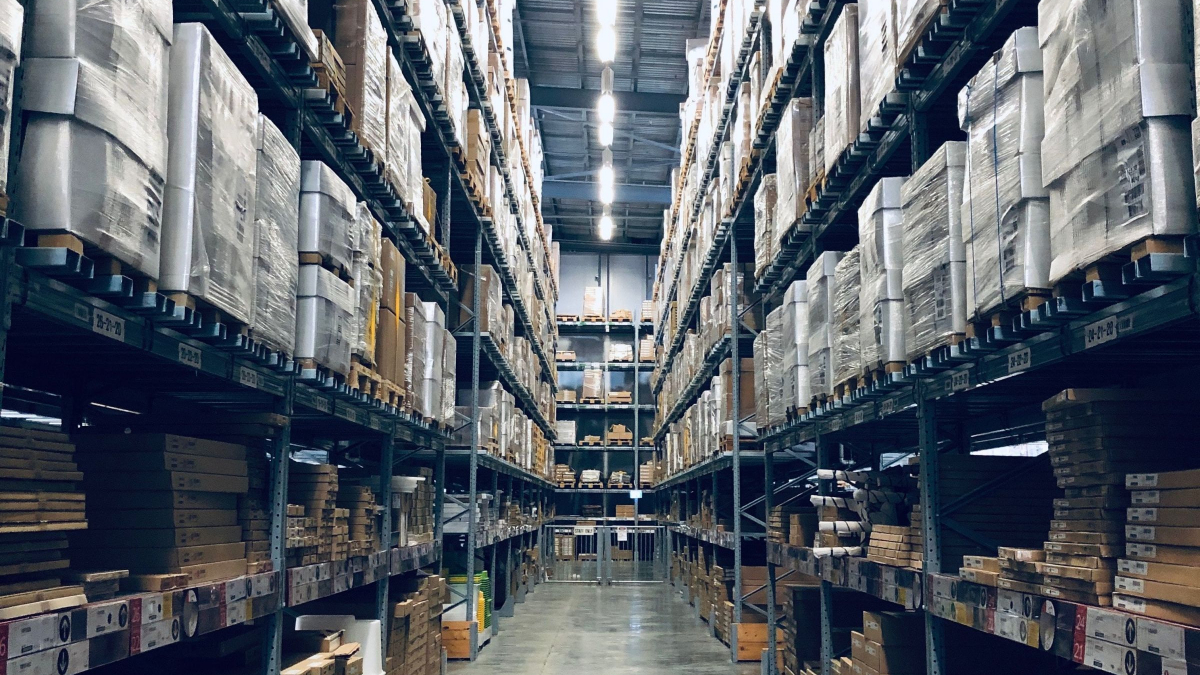During the past few years, online sales have risen steadily and are poised to pass brick and mortar sales in the near future. As a result, many companies, such as Amazon, are relying on warehouses to help them fulfill orders. Therefore, it should come as no surprise that Amazon is pushing its workers harder to fulfill orders and keep customers happy. Unfortunately, this might also be leading to more workplace injuries. Recently, it was reported that local governments are thinking about charging Amazon more money in worker’s compensation premiums to reflect this higher risk.
Studies that have been published recently have found that individuals are more likely to get injured working in an Amazon warehouse center than in other high-risk Industries, such as logging operations and meat packing plants. Essentially, if Amazon’s worker’s compensation premiums go up, the company might be in its own category.
There are a number of injuries that people may suffer when working on an Amazon fulfillment center or warehouse. For example, individuals who are asked to lift multiple heavy objects repeatedly during the course of their shift run the risk of suffering serious back injuries. Another injury that people might suffer involves a slip and fall accident. A slip and fall accident could lead to a bone fracture, a head injury, or other types of contusions. In some situations, these injuries might leave individuals out of work for an extended period of time.
Finally, it is also important to note the risk of being struck by a falling object. With so many objects being pulled from shelves on a regular basis, it is not unusual to see objects tumble to the floor. If they strike someone on the way down, this might lead to a serious injury.
It seems that regulatory authorities are finally starting to take note of the risk of injury when it comes to working in an Amazon fulfillment center. Anyone who is hurt on the job, including an Amazon fulfillment center, needs to remember that they are not alone. There are always trained professionals who are willing to help them file a workers’ compensation claim and state the compensation they deserve.


